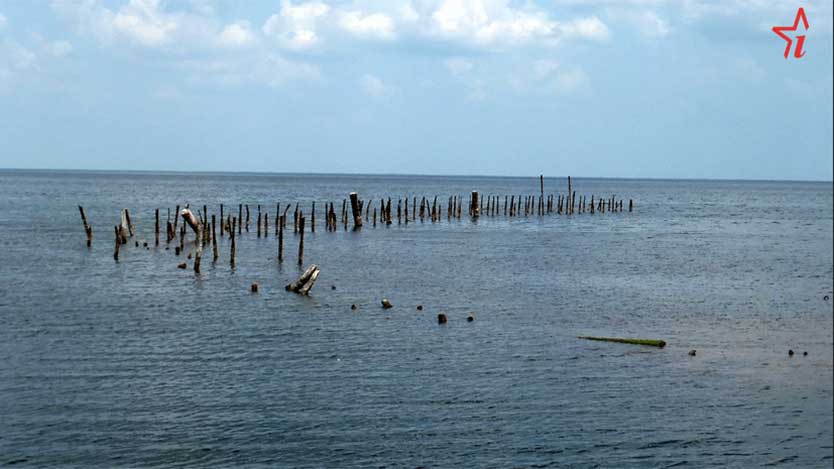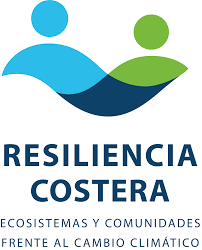
The I Workshop Guidelines for Communication and Visibility of the International Coastal Resilience Project will meet in this central province of Cuba, on March 22 and 23, with a view to gain experience in the matter.
Communicators and journalists from the provinces of Villa Clara, Sancti Spíritus, Camagüey and Ciego de Ávila, will share knowledge on the management of information converted into news or a message of greater understanding for recipients.
During the exchange, the attendees will be able to clarify or strengthen concepts about the challenges, local opportunities and work ideas related to the specific realities of each community, their stories, cultural values and communication codes.
The meaning of Resilience; importance of life stories; use of signage and environmental messaging for public good; the dissemination of sustainable practices and proposals for the substitution of organic fertilizers and fertilizers are among the topics to be discussed.

They will also address content related to natural solutions that can be implemented, such as natural and assisted rehabilitation of mangroves and their contribution to population groups, and work with new generations.
The International Project Building Coastal Resilience in Cuba through natural solutions for adaptation to Climate Change (Coastal Resilience) will benefit more than 600,000 people, residents in the communities of Punta Brava, in Villa Clara, Playa Victoria, in Sancti Spíritus, Punta Alegre, in Ciego de Ávila, and Santa Rita, in Camagüey.
The initiative is financed by the European Union under the Global Climate Change Alliance Program (GCCA), and implemented by the United Nations Development Program (UNDP) and the Environment Agency (AMA), of the Ministry of Science, Technology and Environment, as a national institution.




